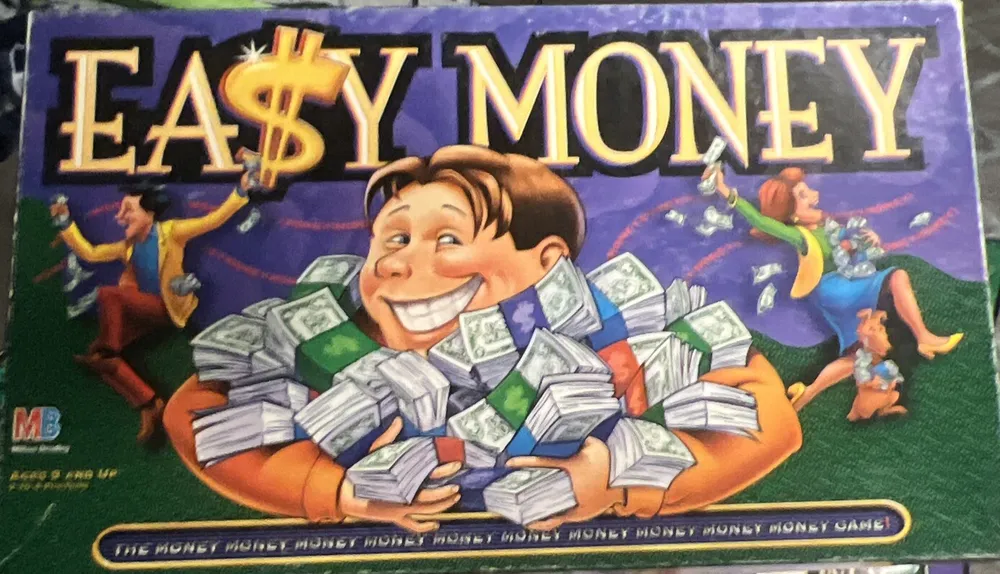Easy Money (1935)
Easy Money
Easy Money is a board game introduced by Milton Bradley Company in 1935. The game is based on The Landlord’s Game, which is also the basis for Monopoly, in the movement of pieces around the board, the use of cards, properties that can be purchased, and houses that can be established on them. The game was designed during the Great Depression and was popular during that time.
Why is Easy Money Popular?
Easy Money is significant because it was one of the earliest board games to be based on The Landlord’s Game, which is the basis for Monopoly. The game was also popular during the Great Depression, and it provided a way for people to escape their financial troubles and enjoy themselves.
Game Components of Easy Money
How To Setup Easy Money
To set up Easy Money, each player starts with a set amount of money ($2,000 or $20,000 depending on the edition). The game board is placed in the middle of the playing area, and players choose their tokens. Properties, Give-or-Take Cards, and other game components are shuffled and placed according to the instructions. Players must own a property in each section of the board before they can buy additional properties in those sections.
Gameplay Mechanics and Game Objective
Player Experience
Playing Easy Money is a dynamic experience that combines elements of negotiation, resource management, and chance. The game allows for faster cash acquisition compared to Monopoly, with features like utility spaces and Give-or-Take Cards adding an extra layer of excitement. Games typically last several hours but are generally shorter than Monopoly sessions, especially with multiple players.
Pros
Cons
Personal Thoughts on Easy Money
Easy Money is for those who enjoy the strategic and financial aspects of Monopoly but are looking for a slightly different and potentially more balanced experience. It’s ideal for players who appreciate the unpredictability of chance events like rolling doubles and drawing Give-or-Take Cards. However, it may not be the best fit for those seeking a game with simpler rules or those who are highly invested in the traditional Monopoly experience.
We are supported by our audience. When you purchase through links on our site, we may earn an affiliate commission, at no extra cost for you. Learn more.

